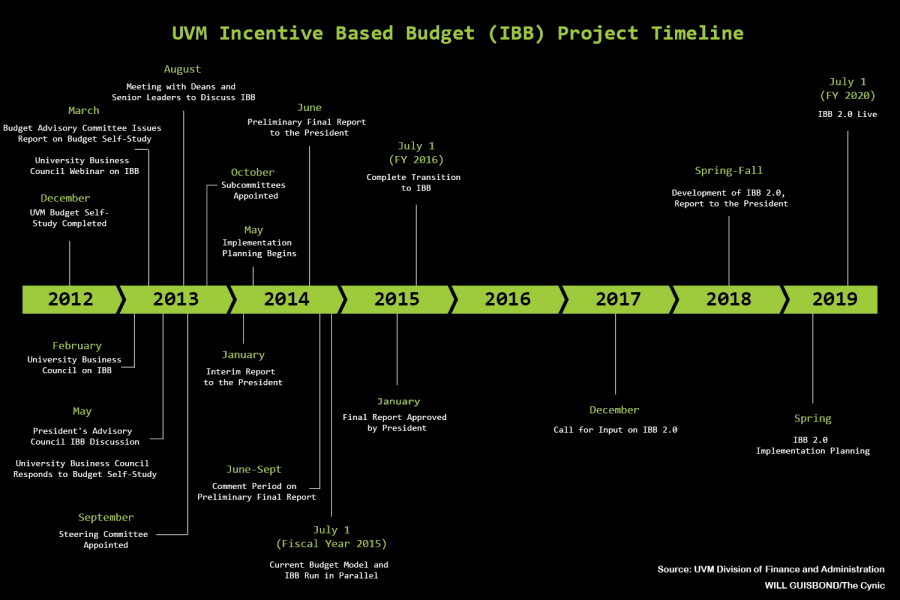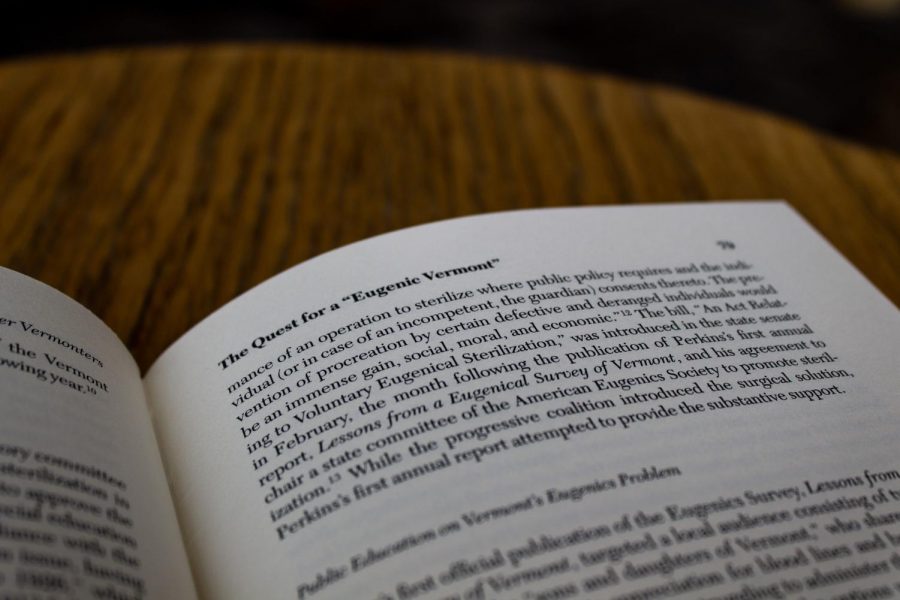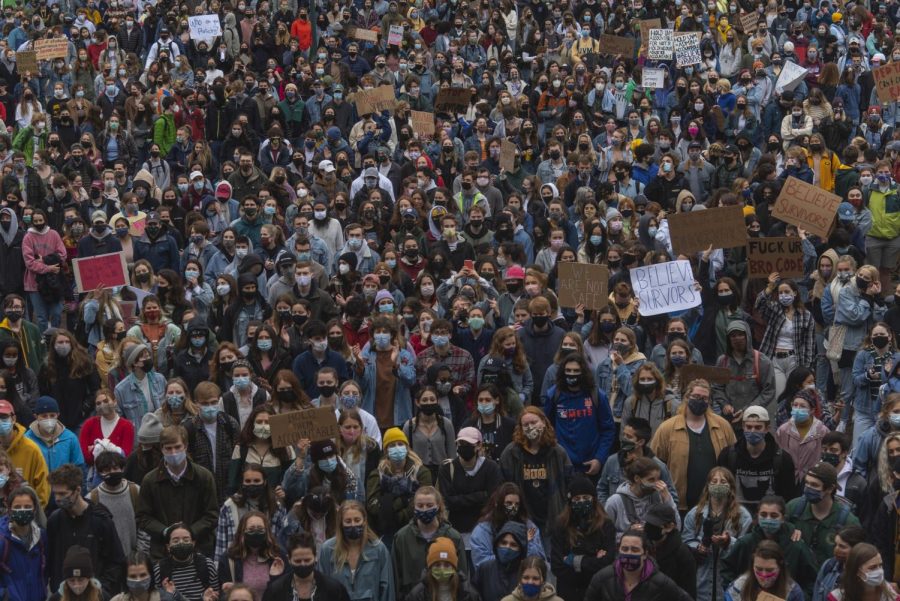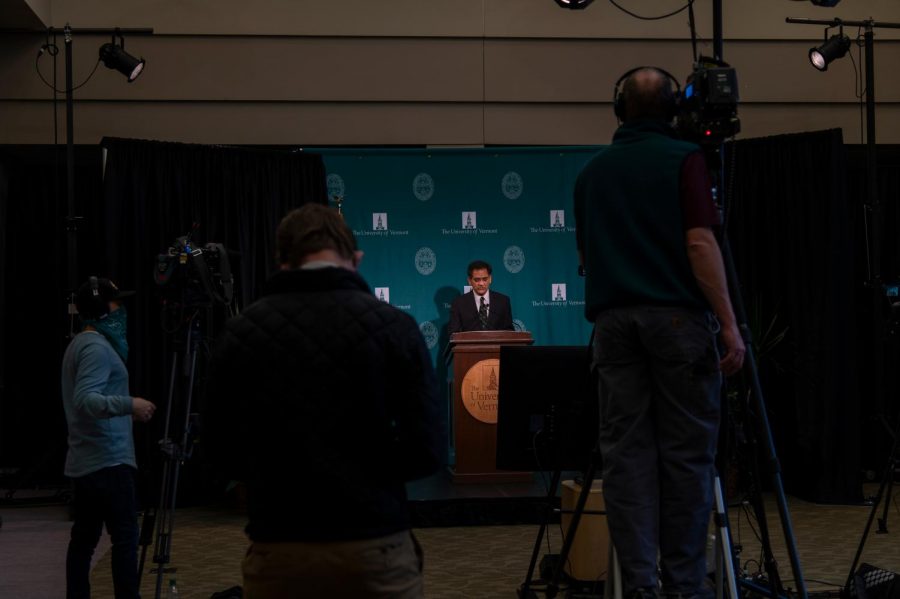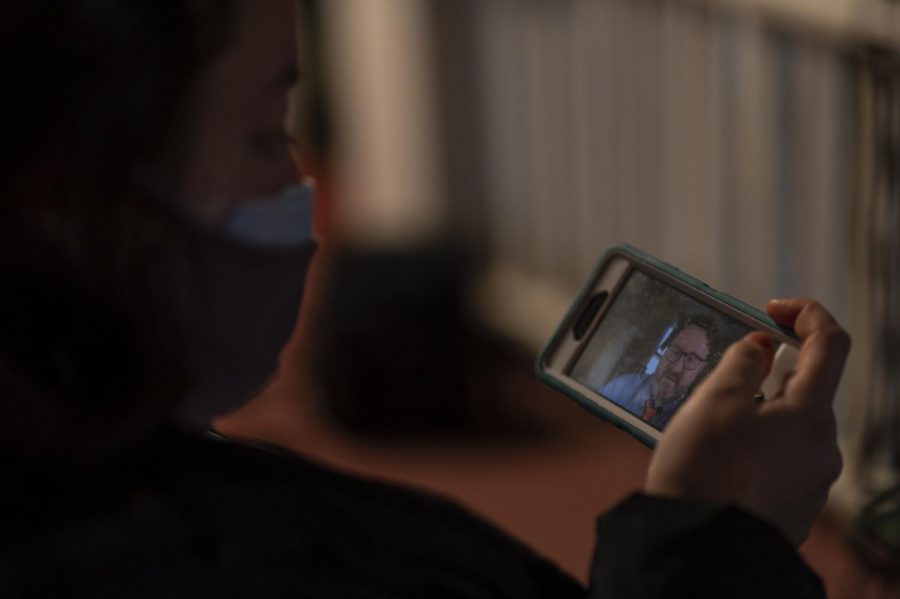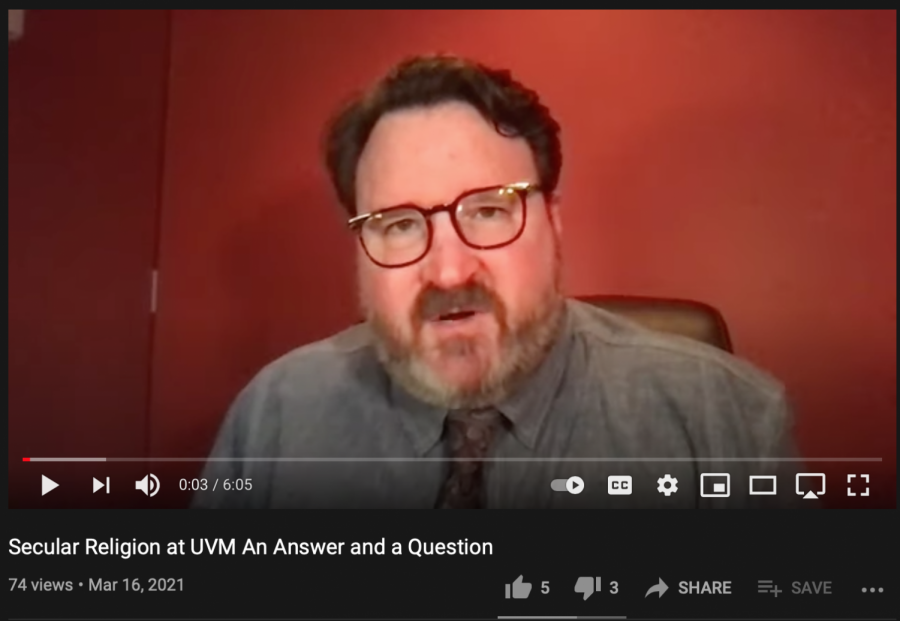They are not lost and they are no longer boys. And yet, for a group of Sudanese Refugees, ridding themselves of the term, “Lost Boys of Sudan,” from the minds of Vermonters has proved to be as formidable a challenge as their journey to the United States. Today, approximately 50 males, aged 18-26, call Burlington, as well as thesurrounding areas their home.
But, only because they were forced out of their homeland of Sudan. Since coming to America, with the first group of refugees landing on US soil in February, 2001, the term, “Lost Boys” has followed and encompassed them like a terminal illness. “The term is not appropriate,” said Sudanese Refugee, Abraham Awolich, 24. “It is wrong because it does not describe what actually took place. It does not accurately describe our story.” The story of the Sudanese Refugees began with the beginning of the Sudanese Civil War in 1983. Sudan, located in northeast Africa, split into two sections, the North and the South. The war, which still continues today, is between the dictatorial Muslim government of the north and the indigenous African natives from the south. Beginning in the late 1980’s, 17,000 boys from southern Sudan embarked on a journey to safety because if they did not leave Sudan, their lives would have been in danger. “Our homes were raided. If we didn’t leave, we would be trained for the military and sent off to fight the war at an age that was much too young,” said Awolich, who was nine at the time he fled his homeland. The boys, aged 6-13, came together because they were forced to leave their families as well. “There was no choice, no organization,” said refugee, Abraham Atong, 22. “Everyone in my family went their separate ways.” The boys traveled just under 1,000 miles to Ethiopia looking for safety, but instead found another civil war, similar to the situation in Haiti today. From there, 17,000 Sudanese found their way south to Kenya, where they were organized into groups.” “We arrived in Kenya in the early 1990’s. I arrived in 1991,” said Awolich. “In Kenya, we were divided into minor groups, where we were separated from the community of women, girls, and other men. We went to school as a group.” Also, the boys were not as comfortable with the new Kenyan climate. “There weren’t rivers to swim in. It was windy and dusty. And, there was a lack of food, the United Nations did not send enough to us,” said Atong.
In the 1990’s, the Clinton Administration devised a plan to bring the “LostBoys” to America where they would be provided with better educationalopportunities as well as a different lifestyle. The program, involving theUnited States, the United Nations, and the International Organization ofMigration (IOM), was implemented in November, 2000. 3,600 refugees were to be brought to the United States, spread around to cities such as Seattle, Washington, Grand Rapids, Michigan, Fargo, North Dakota, and Burlington. In order to qualify for the program, refugees had to have traveled to Ethiopia and had to have arrived in Kenya by 1992. The rules were very specific. Awolich was among the first group of 46 Sudanese brought to the US. “Once we arrived in New York, we were told where to go. Three of us came to Vermont,” said Awolich. “Since we were the first group, there was no apartment. I spent my first week with a Vietnamese host family. I learned English in Kenya, so it was difficult to understand.” Language was not the only barrier. Atong, who followed Awolich in 2001, acknowledged the dissimilar lifestyle. “The US is a great country, but so different,” said Atong. “The weather is so cold, and there are so many cars. There was a great deal of culture shock.” Today, both Awolich and Atong, along with other refugees, are enrolled at UVM. “Back in Sudan, dreams are far-fetched. There is a barrier. Here, dreams are reachable. Hard work will get you far,” said Atong. However, despite the choices UVM has to offer as well as the friendliness of the UVM community, the dream of returning to Sudan remains. Atong will return to Sudan in May to see his parents, who are living in Uganda. This will be his first visit back because the war has calmed down and there is talk of peace. He also has two siblings in Seattle and three in Uganda. Awolich shares the same goal. “Before war, I was happy in my homeland. I miss the fiscal life. I miss my family, who remain in Sudan,” said Awolich. “I haven’t seen them in 17 years, and I will go back when there is a guarantee of safety. The Islamic government targets people who travel from the US.” Since September 11, the Bush Administration has lost focus on the refugees. However, some still filter in, and the refugees embrace each other. “We are a small community within the larger one of UVM,” said Atong.
Within their group, the refugees can have their own identities, which hasdiminished otherwise. In one case, when the refugees came to America, they were all assigned the same birthday, January first, just with different years because it made the immigration process easier. While Atong does not have a problem with his designated birthday, Awolich feels violated. “It classifies people together. We are all different,” said Awolich. The refugees are all different, and they did experience journeys to Ethiopia and Kenya together, but each individual story is dissimilar in joys andhardships. There is a range. The Burlington Free Press wrote a story on the refugees but failed todifferentiate between refugees and lost boys. Some of the refugees called the paper and asked that they change it, and have more respect. “The term is a prejudgment. There is a stigma attached. And, we are not boys anymore. We are men,” said Awolich. The term, “Lost Boys,” came from the children’s tale, Peter Pan, because they were a pack of wandering boys. However, the refugees did not “just get lost.” Unlike the lost boys, who stayed nave children in Never-Neverland, the Sudanese Refugees had to work and struggle to get to where they are today.











